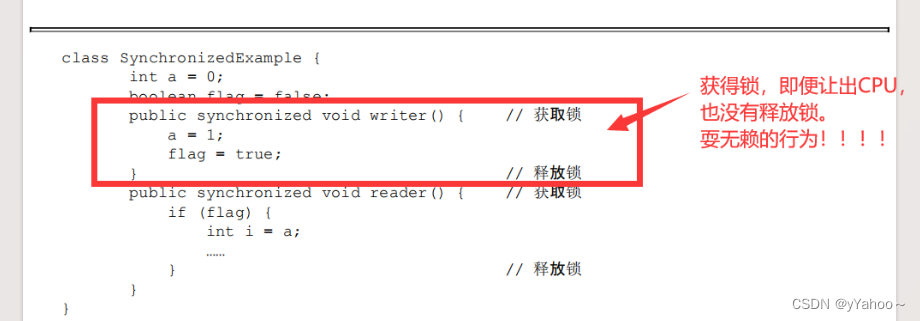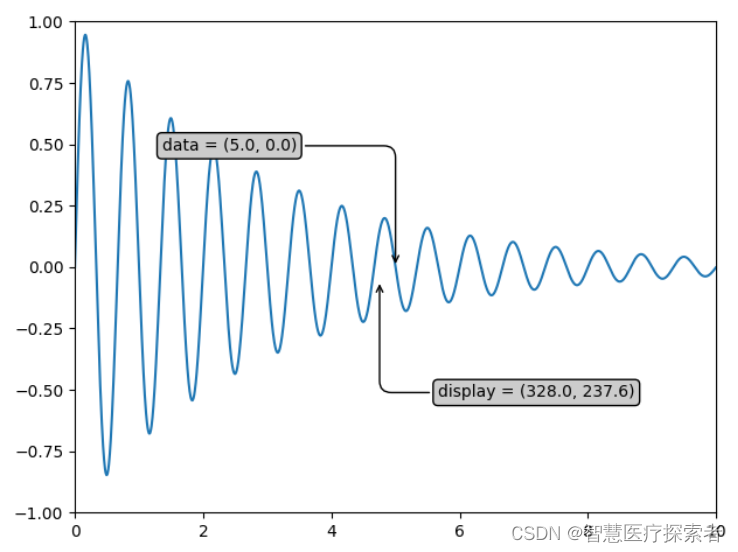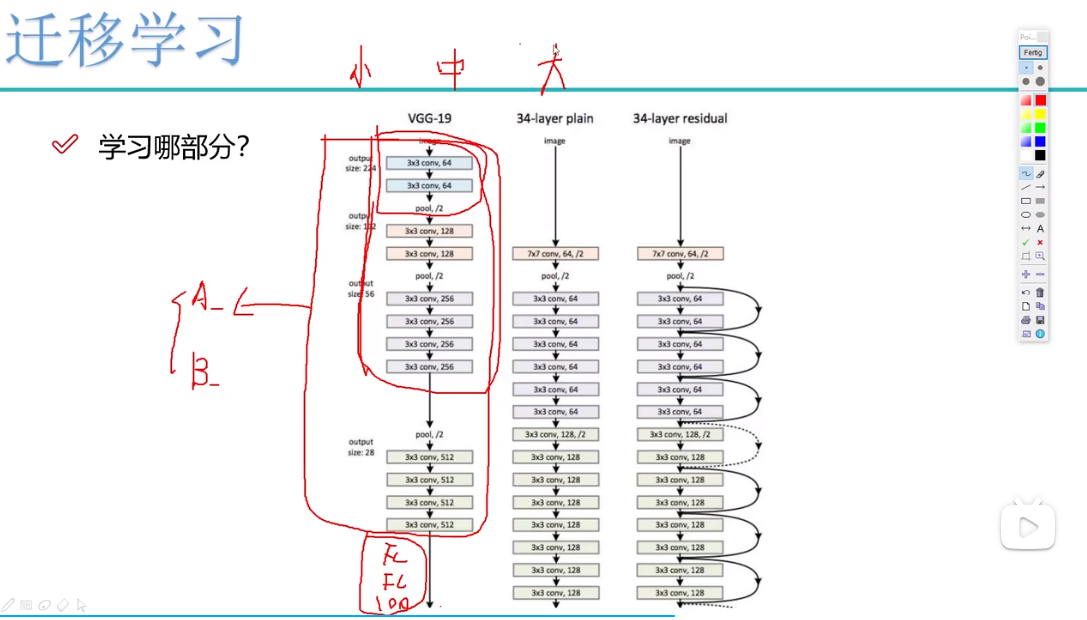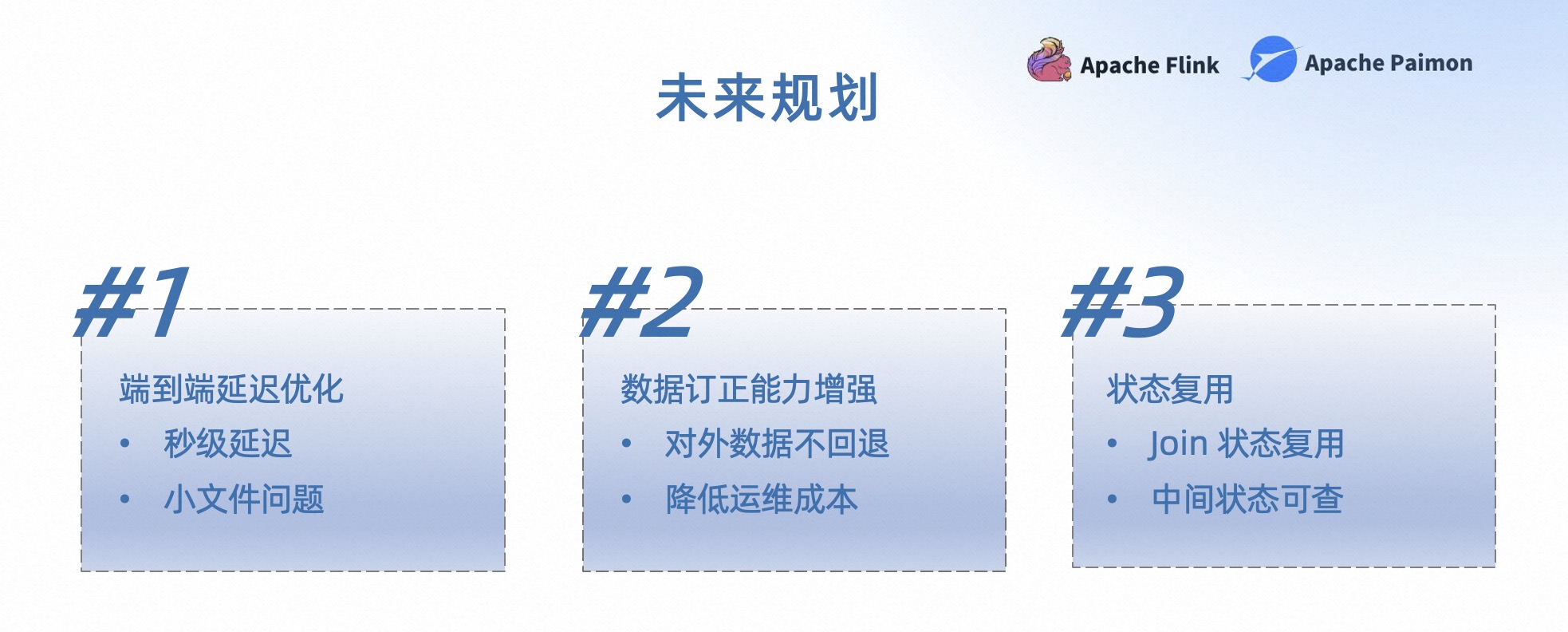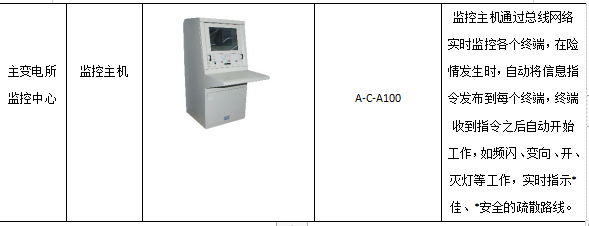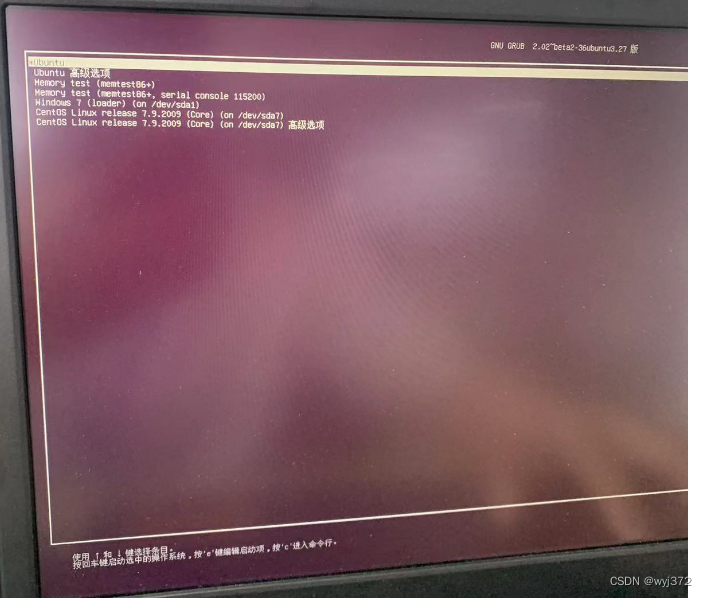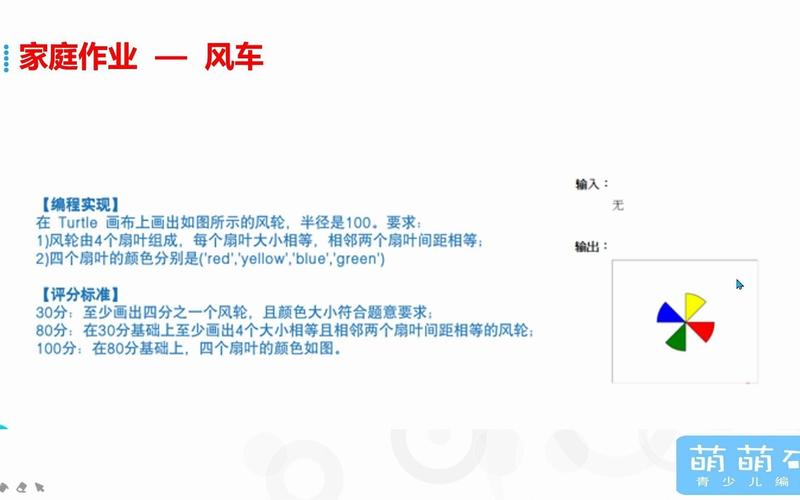定义于头文件 <fstream>
| template< class CharT, |
类模板 basic_ifstream 实现文件流上的高层输入操作。它将 std::basic_istream 的高层接口赋予基于文件的流缓冲( std::basic_filebuf )。
std::basic_ifstream 的典型实现仅保有一个非导出数据成员: std::basic_filebuf<CharT, Traits> 的实例。
亦对常用字符类型定义二个特化:
| 类型 | 定义 |
ofstream | basic_ofstream<char> |
wofstream | basic_ofstream<wchar_t> |
成员函数
构造文件流
std::basic_ofstream<CharT,Traits>::basic_ofstream| basic_ofstream(); | (1) | |
| explicit basic_ofstream( const char* filename, | (2) | |
| explicit basic_ofstream( const std::filesystem::path::value_type* filename, | (3) | (C++17 起) |
| explicit basic_ofstream( const std::string& filename, | (4) | (C++11 起) |
| explicit basic_ofstream( const std::filesystem::path& filename, | (5) | (C++17 起) |
| basic_ofstream( basic_ofstream&& other ); | (6) | (C++11 起) |
| basic_ofstream( const basic_ofstream& rhs) = delete; | (7) | (C++11 起) |
构造新的文件流。
1) 默认构造函数:构造不关联到文件的流:默认构造 std::basic_filebuf 并构造拥有指向此默认构造的 std::basic_filebuf 成员的基类。
2-3) 首先,进行同默认构造函数的步骤,然后通过调用 rdbuf()->open(filename, mode | std::ios_base::out)(该调用效果上的细节见 std::basic_filebuf::open )关联流与文件。若 open() 调用返回空指针,则设置 setstate(failbit) 。仅若 std::filesystem::path::value_type 非 char 才提供重载 (3) 。 (C++17 起)
4-5) 同 basic_ofstream(filename.c_str(), mode) 。注意,尽管默认模式是 out ,效果等同于描述于 std::filebuf::open 的 out|trunc 的效果。
6) 移动构造函数:首先,从 other 移动构造基类(这不影响 rdbuf() 指针),然后移动构造 std::basic_filebuf 成员,再调用 this->set_rdbuf() 安装新的 basic_filebuf 为基类中的 rdbuf() 指针。
7) 复制构造函数被删除:此类不可复制。
参数
| filename | - | 要打开的文件名 | ||||||||||||||
| mode | - | 指定打开模式。它是位掩码类型,定义下列常量:
| ||||||||||||||
| other | - | 用作源的另一文件流 |
调用示例
#include <fstream>
#include <utility>
#include <string>
#include <iostream>
using namespace std;
int main()
{
//1) 默认构造函数:构造不关联到文件的流
std::ofstream ofstream1;
std::cout << "ofstream1 is: " << (ofstream1.is_open() ? "true" : "false") << std::endl;
//2-3) 首先,进行同默认构造函数的步骤,
std::string strFileName2 = "test2.txt";
std::ofstream ofstream2(strFileName2.c_str(), std::ios::out);
std::cout << "ofstream2 is: " << (ofstream2.is_open() ? "true" : "false") << std::endl;
//4-5) 同 basic_ofstream(filename.c_str(), mode) 。
std::string strFileName3 = "test3.txt";
std::ofstream ofstream3(strFileName3, std::ios::out);
std::cout << "ofstream3 is: " << (ofstream3.is_open() ? "true" : "false") << std::endl;
//6) 移动构造函数:首先,从 other 移动构造基类(这不影响 rdbuf() 指针)
std::ofstream ofstream4(std::move(strFileName3));
std::cout << "ofstream4 is: " << (ofstream4.is_open() ? "true" : "false") << std::endl;
//7) 复制构造函数被删除:此类不可复制。
return 0;
}输出

析构 basic_ofstream 和关联的缓冲区,并关闭文件
basic_fstream默认生成的析构函数将通过调用basic_filebuf的析构,从而间接调用close方法。即,会在析构中自动关闭文件。

